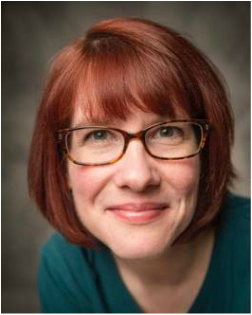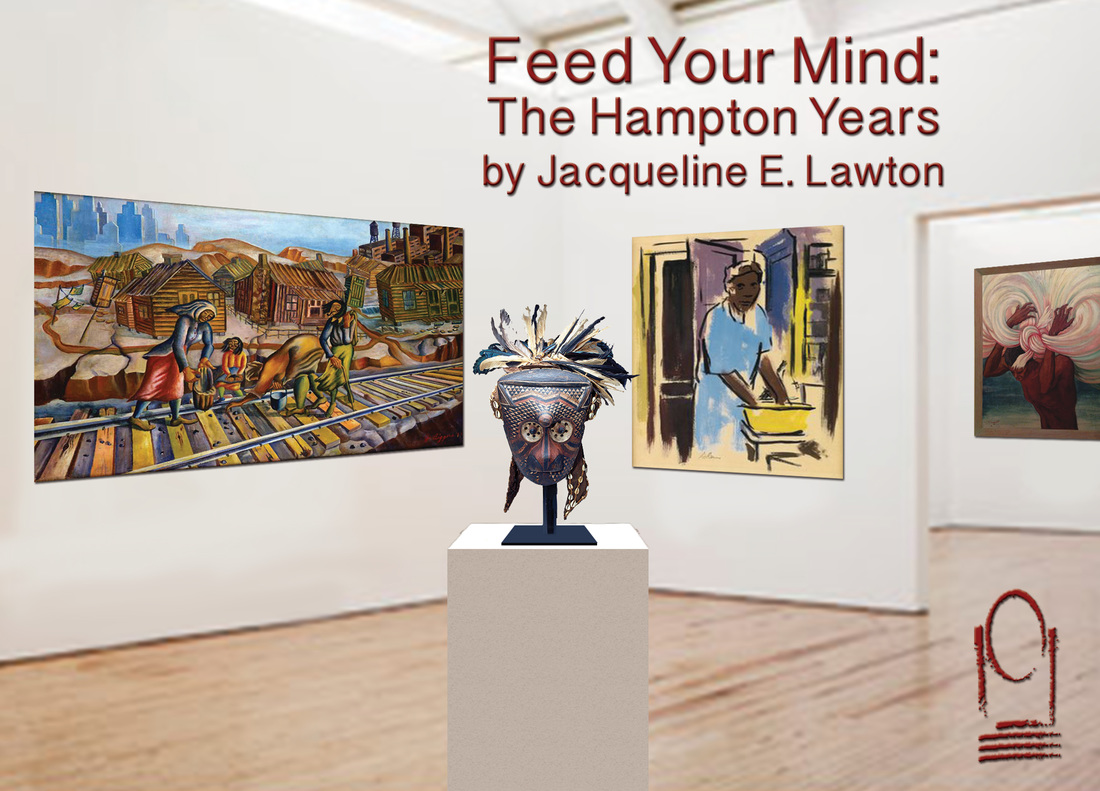|
On Saturday, April 16, 2016 at 8pm and Sunday, April 17, 2016 at 2pm, Mirror Stage will present a staged reading of The Hampton Years at the Ethnic Cultural Theatre. Under the direction of Artistic Director Suzanne M. Cohen, the cast features Elena Flory-Barnes, Ron Hippe, Corey Spruill, Jon Stutzman, and Ayo Tushinde. Set in the 1940s in Virginia, The Hampton Years follows the development of African-American artists John Biggers and Samella Lewis in a still segregated society under the tutelage of Jewish painter and educator Viktor Lowenfeld, who fled Austria in 1939. Named curator of the distinguished collection of Black African Art in 1945, Lowenfeld’s passion, determination and talents introduced African-American Art to the United States. The Hampton Years celebrates how together, these passionate and brilliant artists rose above all that was standing in their way to create beautiful, poignant, and lasting works of art. Mirror Stage’s innovative Feed Your Mind series of staged readings examines topical issues from different perspectives. Presented without costumes or sets, the emphasis on the text encourages audiences to create their own imagined world inhabited by the play's characters. Following every performance, a moderated discussion with the audience and artists explores the issues raised in more depth. The Hampton Years examines African-American art, segregation, African American and Jewish relations, art history and art education.
Admission is $15; $10 for students and seniors. Every performance has 10 Pay-What-You-Can rush tickets ($1 minimum) for purchase. Free parking is available in University of Washington’s lot W12, located at just south of the Ethnic Cultural Theater on Brooklyn Ave NE. Click here to learn more. About Mirror Stage Mirror Stage reflects the diversity of our community onstage in high-quality, progressive, thought-provoking productions that play it smart without always playing it safe. We nurture unique artistic voices while providing opportunities for newly-emerging artists to work alongside more seasoned professionals. With the goal of increasing empathy and tolerance, Mirror Stage opens doors to new ways of seeing and thinking—entertaining while enlightening, and bringing us to a place of common understanding.
0 Comments
 In anticipation of this evening's Women's Theatre Festival Interest Meeting, artist/scholar Jules Odendahl-James has recapped the past few seasons of number crunching. She began this work for the July 2012 DASH gathering at the ArtsCenter, where she was invited to take part in a roundtable discussion that addressed gender equity in the Triangle theatre community. She is mindful to note that this data is not definitive. For instance, she does not yet have season information for HBCUs in the Triangle such as Shaw, St. Augustine and NCCU. These particular absences highlight the important role that university theaters play in these numbers and opens interesting questions for discussion about whether the interest in and work for women theater artists and artists of color extends in positive and life/art sustaining ways from the academy into the professional world. Here’s more from here recap: The numbers mix together LORT professional, independent professional, community and educational theaters (including some student-run companies with long-running constituencies), and one-off productions by a group that forms to stage just one show with those companies which have staffs/buildings/long histories in the Triangle. I follow a pretty strict geographical demarcation for “Triangle” theater, including only those productions/companies operating in Cary, Raleigh, Durham, Chapel Hill & Carrboro. Even in the digital information age, it remains difficult to discern the artistic staff for shows (even after the shows are running). I would strongly urge theater companies/producers to put that information front and center as soon as it’s known and to make sure subsequent publicity maintains those details as things shift to archival status so these kind of statistics are easier to collect and dissect over the arc of time. Overall Observations. Over the three seasons examined (12-13, 13-14, 14-15) and given the limitations of a one-woman statistics operation, numbers have remained relatively consistent for women directors and playwrights in the Triangle. Depending how one:
Then one sees that:
What these trends/tendencies mean is a question too big for this post but one very much worth considering and discussing further as demographics change across the Triangle, the state of NC, and the US as a whole. And as we consider how theater as a profession and a discipline understands its past, grapples with its present, and maps its future. BREAKDOWN of 2014-15 season 14-15 statistics are pulled from production materials when/where made available in advance of a show’s production. With Devra Thomas's help this year, I’ve made some attempt to go back and ‘pick up’ shows that were announced late, mid-season, last minute. Of 126 total productions tallied from July 31, 2014 to July 31, 2015.
Of 126, 11 shows had writing & direction by women (8.3%). I counted three instances where both the director and writer of a production were women-identified artists of color. This tally EXCLUDES the 2015 10X10 Festival at ArtsCenter Stage, which itself had 70% representation of women directors (2 of 7 which were women of color) and a 20% representation of women playwrights (those two plays were directed by women). Only 8.3% of the total number of productions had women directors and writers. As in previous years, this means a healthy number of shows directed by women are shows written by women. The 14-15 stats do not include children’s theater programming as that tends to skew historically in favor of women writers/adaptors and directors. It does not count women choreographers or musical directors for musicals. None of these numbers breaks down the representation of women directors in terms of local or out-of-town professional hired in by companies. I'll admit a less than consistent approach to staged readings. This year I included full-length readings under the formal umbrella of The Process Series and those where there’s been advance promotion and a run of more than one night; however, I’ve excluded short play festivals. BREAKDOWN of 2012-13 season Compiled in July of 2012 when 94 shows had been announced:
BREAKDOWN of 2013-14 season Compiled in May of 2014, a total of 107 productions dating from August 1 2013 to July 31, 2014. Additionally, I started to separate out children’s theater production from the overall tally and started to note the number of staged readings separate from fully staged productions. Of those 107 productions:
Of those 107 productions:
 Additionally, in 2012, the Ladies of Triangle Theatre (LoTT) discussed the state of theater for ladies working in the Raleigh, Durham, and Chapel Hill areas of North Carolina. It was livestreamed and archived on HowlRound. The panel discussion addressed women's positive and challenging experiences working in Triangle area theater. Participants hoped to shine a light on artistic directors who get it right and who need our support, and we wish to provide a path for those who need our wisdom and help. From this initial conversation, they wanted local artistic directors to examine how they choose their seasons and who they hire as actors, directors, playwrights, designers, and technicians for ultimately achieving a 50/50 balance of theater professionals. Click here to watch. About Jules Odendahl-JamesJules Odendahl-James is an artist/scholar who has been making theater in the Triangle for over a decade. This season she has been the director of An Experiment with an Air Pump (Duke Theater Studies), the dramaturg for We Are Proud to Present a Presentation (Playmakers Repertory Company) and Brownsville Song (b-side for Tray) (Manbites Dog). She serves as the Research Director and interim-curator for Ladies of the Triangle Theatre and Vice-President of the Southeast Region for Literary Managers and Dramaturgs of the Americas. Jules is also an Associate Artistic Director at Manbites Dog Theater and an adjunct faculty at Duke University in the Department of Theater Studies in addition to her work as the Program Director for Humanities Advising.
|
My BlogI'm a playwright, dramaturg, and teaching artist. It is here where you'll find my queries and musings on life, theater and the world. My posts advocate for diversity, inclusion, and equity in the American Theatre and updates on my own work. Please enjoy!
Categories
All
Archives
June 2020
Reading List
|


